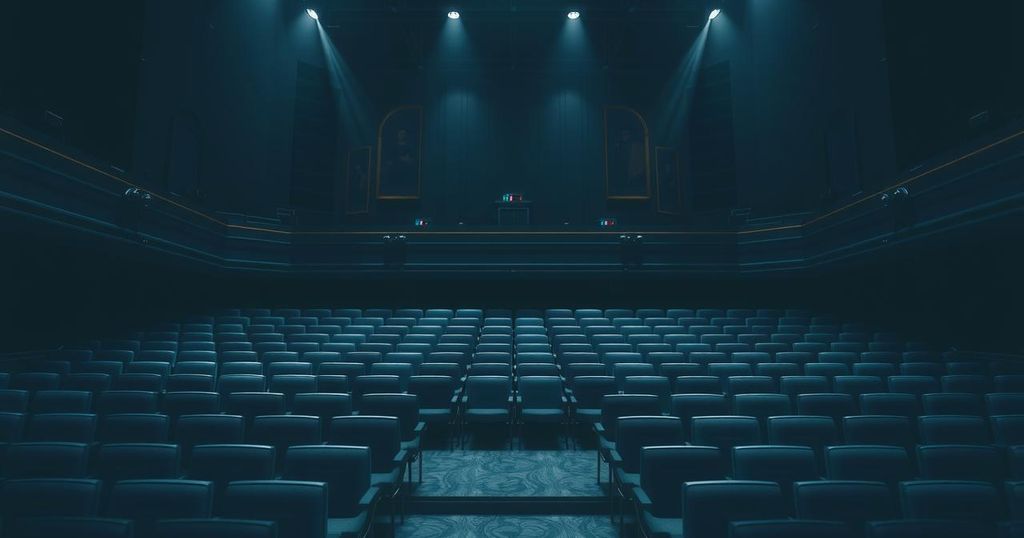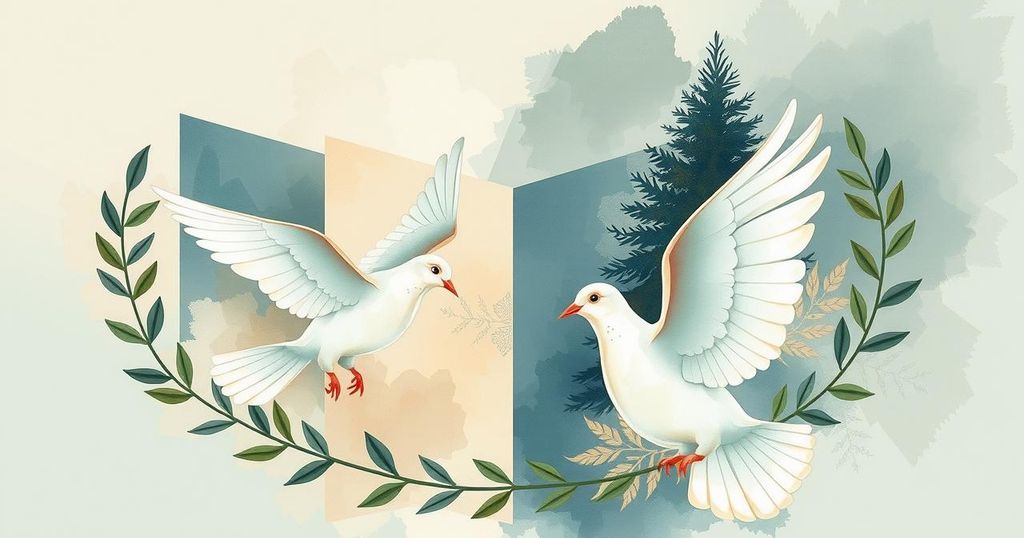The Decline of Nigeria’s Opposition in the House of Representatives
The Nigerian opposition in the House of Representatives is experiencing a decline, undermined by defections, internal conflicts, and political patronage from the ruling APC. Initially holding a majority in June 2023, the opposition has fragmented, jeopardizing its ability to push back against government dominance. Political analysts warn of significant risks to democracy if opposition voices continue to diminish.
The Nigerian opposition in the House of Representatives, once characterized by vigorous debates and robust dissent, is experiencing a significant decline. This downturn has arisen due to defections, internal conflicts, and the prevailing political climate that promotes expediency over accountability to the ruling All Progressives Congress (APC). The opposition’s strength, which emerged at the commencement of the 10th National Assembly in June 2023 with a slim majority, has paradoxically led to a decrease in influence and cohesion.
At the outset of the 10th Assembly, the opposition collectively held 182 seats against the ruling APC’s 175, providing a crucial opportunity to assert legislative influence. However, over nearly two years, defections have become commonplace. Notably, six lawmakers from the People’s Democratic Party (PDP) and six from the Labour Party (LP) have shifted allegiance to the APC, undermining what was anticipated to be a formidable counterbalance to the administration.
As the defection trend continues, opposition members appear increasingly preoccupied with personal political survival rather than collective resistance. This shift has prompted many to avoid confrontation and, instead, align with the government. The lure of political patronage from the APC, which controls vital executive resources, incentivizes such defections, while those remaining in opposition face marginalization in policy matters and community initiatives.
Internal discord within opposition parties has exacerbated this predicament. The PDP is plagued by factional strife, and the LP struggles to solidify engagement and commitment among its members following its post-2023 electoral momentum. Many lawmakers who have defected cite party crises as a significant reason for their departure, highlighting the lack of a unified strategy or compelling agenda to retain opposition loyalty.
The implications of the opposition’s decline are profound, posing risks to the democratic framework in Nigeria. Political analyst Innocent Awuzie warns that without a vigorous opposition to provoke meaningful debate, the ruling party may evaluate and enact legislation without challenge, thereby consolidating unchecked authority. The erosion of competitive viewpoints could lead to a state where opposition support is further eroded, jeopardizing future electoral competition.
For the opposition to reclaim its relevance, it is imperative that internal disputes are resolved and a united front is established with a clear vision for governance. Political analysts encourage lawmakers to prioritize long-term democracy over short-term political gains. If these challenges remain unaddressed, the Green Chamber Assembly risks devolving into a mere extension of the ruling party, reducing opposition to a voice that is increasingly silent and nearly absent.
In summary, the decline of the Nigerian opposition in the House of Representatives poses significant challenges for the nation’s democracy. Historical opportunities have been squandered due to defections and internal strife among political parties. A resurgence of a united opposition is essential for maintaining checks and balances and ensuring that multiple viewpoints influence governance. If these issues continue unaddressed, the risk of a one-party dominance, undermining the democratic essence of Nigeria, will linger.
Original Source: businessday.ng




Post Comment